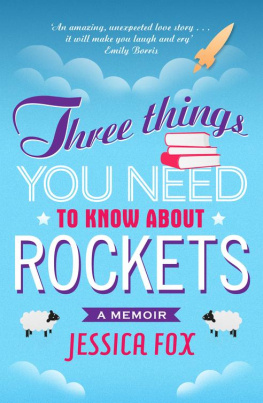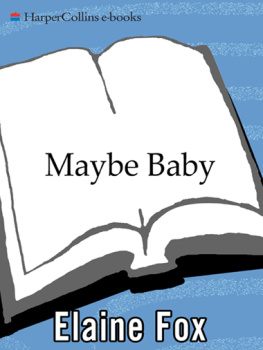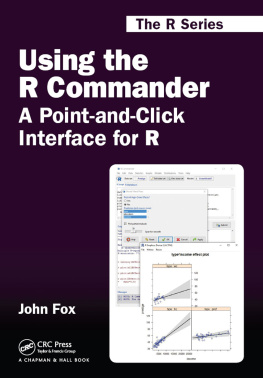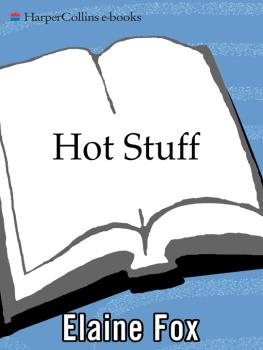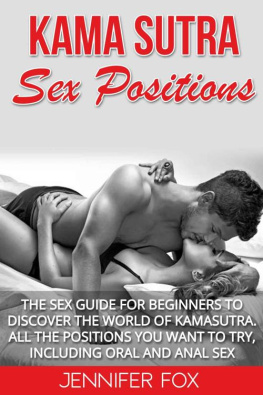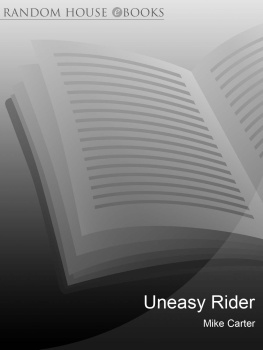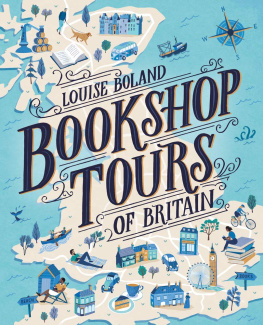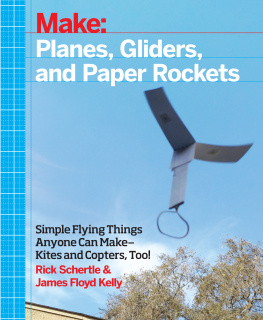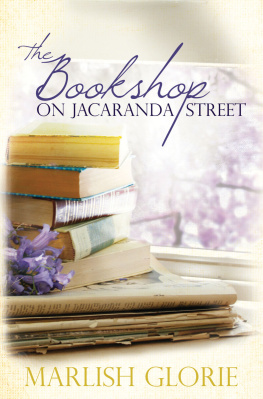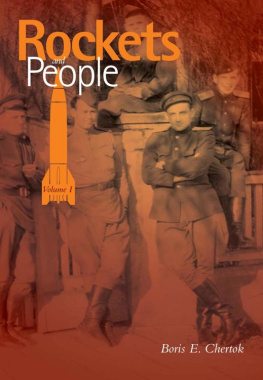The artists life cannot be otherwise than full of conflicts, for two forces are at war within him; on the one hand, the common human longing for happiness, satisfaction and security in life and on the other, a ruthless passion for creation which may go so far as to override every personal desire there are hardly any exceptions to the rule that a person must pay dearly for the divine gift of creative fire. Carl Jung, T HE S PIRIT OF M AN IN A RT AND L ITERATURE: Psychology section, third shelf on the right in the main gallery.
A ll stories have a beginning, or so it seems. Beginnings, middles and ends feel real, like supporting pillars that have always been there and will always be. If they were drawn on paper, their solid mass would look complete, finite and separate.
On taking a closer look, however, their true nature is revealed to be ephemeral. That solid dot that we have come to trust as the beginning is in fact like a cloud, made up of an infinite number of moments, any of which can be broken down again into smaller and smaller moments. This begs the question, is there really a start at all? Or do each of us, just by existing, bend the air with narrative threads so that every origin to any story resides not from without but from within? The once upon a time that looked like it had its origin firmly on the page is in fact a mirror reflecting that the true source is, and always has been, you.
The honks of cars and the hum of exhaust leaking from engines reached a crescendo. I sat in the car, baking under the Hollywood sun. At 25 years old I was convinced that this is how my brief life would end. I would be found in my car, my body half hanging out the window, still stuck in traffic, having died from heat and exhaustion on an LA freeway.
My eyes squinted in the bright light, as I strained to see a line of cars ahead of me. Silver Lake Boulevard was usually free from congestion, but today the traffic wasnt moving. Hot and anxious, I looked out of the window. Next to me was the dwindling expanse of water that gave Silver Lake its name. Like most things in Los Angeles, the lake was not natural but man-made, a concrete reservoir that almost emptied, dehydrated, in summer and filled partially in winter. Looking at it made me thirsty. Seeing concrete where water should be was like seeing the feet of the wizard of Oz behind the curtain; an unattractive reminder that this was the land of make-believe, where lakes didnt exist naturally but could be conjured up by money and imagination alone.
If pressed, I couldnt articulate why I loved Los Angeles, but I did. My former Bostonian identity had disappeared as quickly as people here applied fake tans. After just a year in the sprawling suburb, I was already feeling part of the city, and the smog, the sun and the water, or lack thereof. Growing up in New England, it had felt like I had spent my whole life fighting against some invisible force that was as strong and elusive as gravity. In California, that weight had been lifted. There was nothing to fight against here besides traffic and even then there was little you could do but give into the slow flow of the river of cars.
My Toyota blasted cold air from its dust-covered vents. I leaned in closer, feeling the cool kiss of air against my neck. My forehead gently fell against the wheel and I hugged my arms to my chest, away from the sun. It had been a long day at work and I was tired, burnt out and I now felt my pale arms beginning to burn.
An emerging film director, I lived in a studio apartment in Silver Lakes lush, tree-covered hills, a hipster haven tucked into a small valley far away from the ocean, west of West Hollywood. It had the feeling of a real neighbourhood, not the typical billboard-and-boulevard vista that one would associate with Los Angeles. Silver Lake was ideally located between Pasadena, where my work was, and West Hollywood, where films and my social life resided.
In my street the otherwise grey sidewalks were littered with colourful petals. Bungalow houses were sweetly tucked into either side, each different in shape and size but all boasting views of snow-capped mountains and downtown Los Angeles. We were high enough to rise above the pollution sometimes on very smoggy days, I looked down on a dark sticky cloud that hung over the city like a moth-eaten blanket.
My studio, nestled into the back of one of the bungalows, was a detached guest suite that had been converted into two studio apartments, one stacked on top of the other. I lived in the bottom studio the bigger of the two, with private access to the garden. Out of the window of my four-walled oasis you could see, if you really craned your neck, the Hollywood sign.
My fingers gripped the steering wheel as I made a left out of the traffic and up a shady, empty side street. The backs of my hands were covered with pen-scrawled lists of to-dos, now smudged by sweat. I would joke at work that this was my version of a PalmPilot. It was engineer humour.
My full-time job was as a storyteller and media consultant for NASA, the National Aeronautics and Space Administration. I had been hired as a communication consultant to help NASA use narrative as a tool for know-ledge-sharing practices. What did that mean exactly? I had been hired to help make communication between individuals, groups, departments and campuses within the whole organisation more effective. My base was at the Jet Propulsion Laboratory, a place filled with some of the most brilliant minds in the world, where people fulfilled dreams dreams they had had from childhood dreams of astronauts and outer space and rockets. It was an intense, inspiring campus. I walked down the same halls as Carl Sagan and Richard Feynman and future history-makers.
It was an ideal job, one that made me constantly anxious to live up to the incredible opportunities it offered. In college I had studied both mythology and astronomy, and voiced an uncompromising desire to be a film director, and many had scratched their heads as to how I would combine these interests in my future career. I was nothing if not determined. By the age of eight, on realising I could not be Hercule Poirot or Indiana Jones, I had decided the next best thing would be to become a film director. Subsequently, my whole life plan had been geared towards that vision. In the fourth grade, while other children were playing on the swings, I would make my friends stay in from recess to rehearse plays and scripts that I had borrowed from the library. Out shopping with my mother as a teenager, instead of trying on clothes to buy, I would try on long gowns and practise my Oscars award speech in the changing room while she waited patiently outside.

